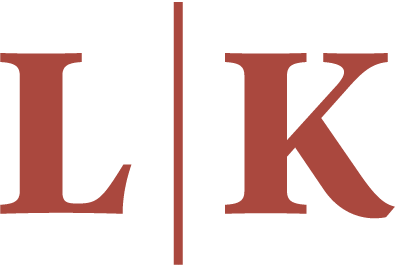Libby Kurz is a writer, poet, registered nurse, and US Air Force veteran. She holds a BS in Nursing from UNC-Charlotte and an MFA in Creative Writing from National University. Her work appears in The Iowa Review, Ruminate, The Other Journal, Literary Mama, and Driftwood Press, among others. Her poetry was awarded first prize in the New Voices category of the Poetry Society of Virginia’s 2017 Contest. In 2019, Finishing Line Press published her poetry chapbook, The Heart Room, which chronicles her experiences working as a cardiothoracic nurse in Norfolk, Virginia. An excerpt from her memoir in progress was a winner of the The Iowa Review’s 2022 Jeff Sharlet Memorial Prize for Veterans, judged by Jerri Bell. She teaches poetry and nonfiction workshops for The Muse Writers Center, The Armed Services Arts Partnership, and the Wounded Warrior Project. After a decade of moving cross country with the military, she resides in Virginia Beach with her husband, three teenagers, and 115lb lap dog.

